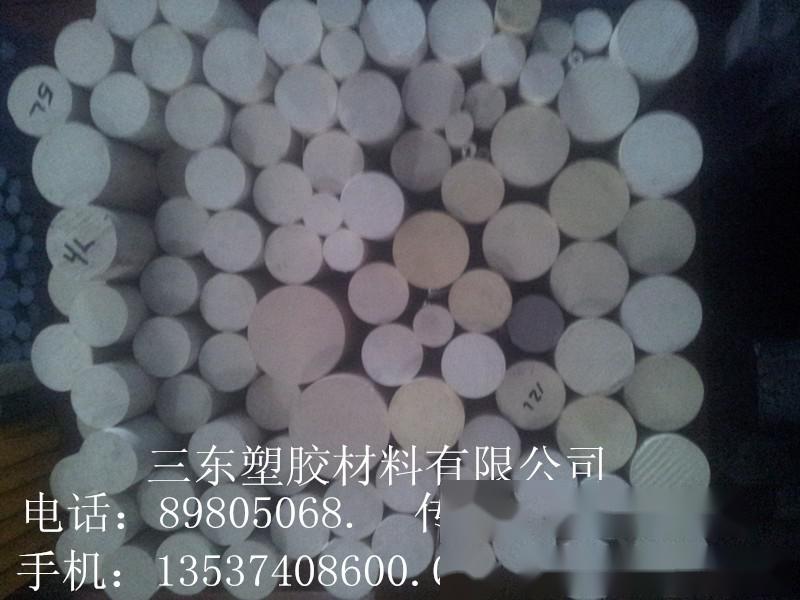Polysulfide (English name: Polyphenylene Sulfide)
Abbreviated as PPS 
Main Properties of PPS
◆[Excellent Heat Resistance] Its melting point exceeds 280℃, heat distortion temperature exceeds 260℃, and long-term use temperature is 220-240℃. It degrades in air at 700℃ and retains 40% of its weight at 1000℃ in inert gas. Its short-term heat resistance and long-term thermal stability are superior to all current engineering plastics. Specially modified varieties can achieve heat distortion temperatures above 350℃.
◆[Intrinsic Flame Retardancy] Polysulfide has a flame retardancy rating of UL94-0, with an oxygen index (LOI) > 57%. The chemical structure of polysulfide provides excellent flame resistance without the need for added flame retardants.
◆[Good Mechanical Properties] It has extremely high rigidity, surface hardness greater than 100HR, tensile strength > 170MPa, flexural strength > 220MPa, notched impact strength > 16MPa, flexural modulus > 3.5×104, and exhibits excellent creep resistance and fatigue resistance.
◆[Excellent Chemical Resistance] No solvent has yet been found that can dissolve polysulfide at temperatures below 200℃, and it exhibits strong resistance to inorganic acids, bases, and salts.
◆[Good Dimensional Stability] The molding shrinkage rate is very low, less than 0.0025%, moisture absorption is less than 0.05%, and the linear thermal expansion coefficient is also small. It still shows good dimensional stability under high temperature and high humidity conditions. Therefore, it has a wide range of applications in machinery, chemical industry, instruments, aerospace, and shipbuilding.
◆[Excellent Electrical Properties] Polysulfide maintains excellent electrical properties under high temperature, high humidity, and high frequency conditions, with a volume resistivity of 1×1016Ω.cm, surface resistivity of 1×1015Ω, and electrical strength > 18KV/mm.
◆[Radiation Resistance] Its radiation resistance reaches Gy1×108, making it a new material unmatched by other engineering plastics, especially ideal for applications in electronics, electrical, machinery, instruments, aerospace, military fields, etc.
◆[Good Processing Performance] PPS resin has low melt viscosity and good flowability, making it easy to wet and contact with glass fibers. It is easy to fill with fillers, and the glass fiber or inorganic filler reinforced injection-grade granules made from it have extremely high resistance to stretching, impact, bending, and ductility. It can be uniformly formed above its melting point.
◆[Good Adhesion to Metals and Non-metals] PPS has very high bonding strength to materials such as glass, aluminum, titanium, and stainless steel, achieving a bonding level of 1. It has good bonding properties with glass, making it suitable for lining chemical equipment.
Main Application Areas of PPS
Electronics and Electrical: Micro-electronic component packaging, connectors, wiring devices, sockets, coil frames, trimmer capacitors, fuse bases.
Mechanical Instruments: Pump housings, pump impellers, bearings, gears, pulleys, universal joints, sealing gaskets, flanges, counters, levels, flow meter components.
Automotive: Temperature sensors, vaporizers, evaporators, vaporization pumps, seat bases, water tank chambers.
Home Appliances: Electric fans, microwave oven supports, dryers, coffee pots, rice cookers, hot air guns, curling irons, air conditioning compressors.
Military: Manufacturing components for fighter jets, vertical tail fins, combustion chambers, aerospace and aviation connectors, coil frames, instrument panels, especially for major components of stealth fighters and bombers. Parts resistant to nuclear radiation for nuclear submarines, supports, helmets, military tents, utensils, astronaut supplies, corrosion-resistant and wear-resistant parts for ships and submarines, new military vehicles (in production phase) developed by the United States, and plastic tanks (in experimental phase) developed by the United Kingdom, etc.
Fibers and Films: Blending PPS fibers with other synthetic fibers can produce high-performance industrial filter cloth and radiation-resistant aerospace fabric. PPS films are excellent insulation materials reaching F-class, suitable for making capacitors, impedance electronic components, flat coil frames, wire coverings, masks, vaporizer membranes, heat-sensitive printing materials, soft magnetic disks, and photosensitive tapes for electronic photography.













